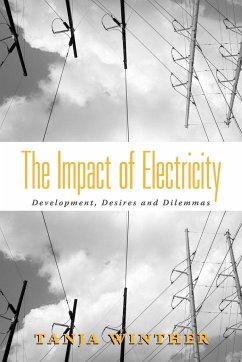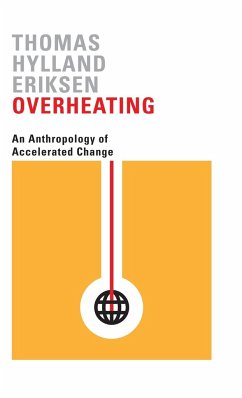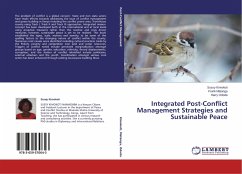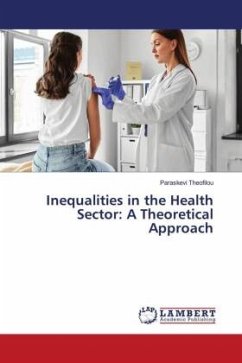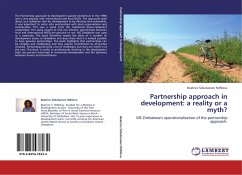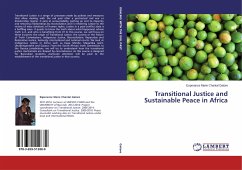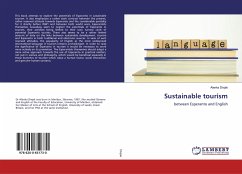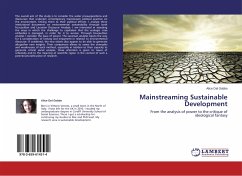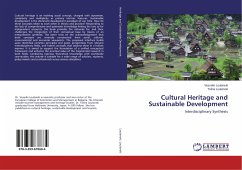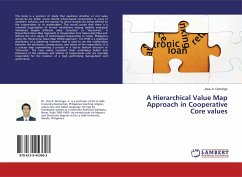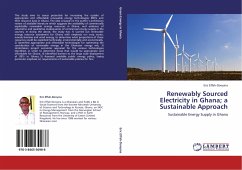
Renewably Sourced Electricity in Ghana; a Sustainable Approach
Sustainable Energy Supply in Ghana
Versandkostenfrei!
Versandfertig in 6-10 Tagen
52,99 €
inkl. MwSt.

PAYBACK Punkte
26 °P sammeln!
This study aims to assess potentials for increasing the uptake of appropriate and affordable renewable energy technologies (RETs) and their resource base in Ghana. The idea is based on the author s preliminary review of available literature which suggests the availability of commercially exploitable renewable energy resources in Ghana, and evidence of volumetric and qualitative inadequacies of commercial energy supply in the country. In doing the above, the study has: 1) Carried out renewable energy resource assessment for Ghana with emphasis on:- crop waste, woody biomass and wind energy, to ...
This study aims to assess potentials for increasing the uptake of appropriate and affordable renewable energy technologies (RETs) and their resource base in Ghana. The idea is based on the author s preliminary review of available literature which suggests the availability of commercially exploitable renewable energy resources in Ghana, and evidence of volumetric and qualitative inadequacies of commercial energy supply in the country. In doing the above, the study has: 1) Carried out renewable energy resource assessment for Ghana with emphasis on:- crop waste, woody biomass and wind energy, to determine what proportions of these resources could be exploited technically, environmentally and economically, 2) Identified appropriate and affordable technologies for optimizing the contribution of renewable energy in the Ghanaian energy mix, 3) Undertaken project economic appraisal for the various technologies identified, in order to determine those that would be appropriate and affordable for Ghana, 4) Identified barriers to the large scale deployment of RETs in Ghana, 5) Assessed available public energy policy; laying particular emphasis on requirements of sustainable policies for fina



